To my parents,
Judith and Isaac Levi,
who lifted me onto their shoulders
Comfort me with apples, for I am sick with love.
Song of Songs

3 September 1666
 ne garden. One tree. Two backs against the trunk, two bums on the grass, two mouths sharing a pipe after dinner.
ne garden. One tree. Two backs against the trunk, two bums on the grass, two mouths sharing a pipe after dinner.
London is burning. Plague is riding flame and smoke, and the early August sun radiates death north to Cambridge. Henry VIII stands in stony guard over the silent Great Court of Trinity College, students dismissed until further notice. Further north still, in the garden of Mrs. Hannah Newton Smith, one of these students, her strange scholar of a son, sits with a friend. I am that friend, a foreigner some traits cannot be disguised. But a foreigner who can think of no better way to weather the closing of the university than to share a pipe and a tree with friend Isaac.
I was a posthumous child. Isaac blows a puff, the smoke mixing like China tea with the granules of sunlight, and passes the pipe to me. I never knew my father, and the feeling was mutual. I was born Christmas morn, so small, I am told, that I fit in a quart pot, and so weakly that, when two women were sent to Lady Pakenham at North Witham for some herbal strengthener for my struggling spirit, they sat down on a stile by the way, certain there was no occasion for making haste as I would be dead before they could return.
That would explain your healthy appetite. I take the pipe from Isaac.
And yet, Isaac watches the smoke rise towards the fruit in paisleys and curlicues, I am certain that my mothers bitterness notwithstanding I must, at one time, have had a father.
And a Holy Spirit?
Fuck the Trinity, Isaac grabs the pipe from me and puffs again.
The college, I ask, or the concept?
Father, Son, Holy Spirit for an orphan like me, there is but one Father, one Godfinitumand all that we know, all that we are radiates forth from the One like the rays of the Sun. I suppose at heart, he smiles a smile that at sunset gives me courage, I must be a Jew.
It isnt the heart that interests this Jew. I smile back with a glance at Isaacs thighs.
A true Christian, like a true Jew, believes in the single God.
The God of Abraham?
And Isaac.
Thats two gods right there, I laugh. Never mind Trinity College and your Trinitarians. Youd be surprised to know how many of my circumcised brethren are Quarternarians.
Quarternarians?
They believe, quite openly, in four deities. Some students of the Kabbalah even hypothesize the existence of seven Gods!
Heresy!
Septimaniacs, I tell him. Septimaniacs with a God for each of the seven heavens, for each day of the week, for every direction of space, every planet, every Pleiad, every color, every virtue
And every deadly sin, adds Isaac. An apple falls and lands between my legs.
Take a bite, I offer without moving.
After you, Isaac demurs. There are plenty of apples.
Precisely, I say. Welcome to Septimania.
 NE SHAFT OF LIGHT.
NE SHAFT OF LIGHT.
Louiza.
Louizas golden head around the side of the Orchard Tea Garden, Louizas pale chin lifting upwind, deciding direction, scenting the surprisingly balmy air of mid-March in 1978. Louiza crossing the Cambridge Road, elbows at her side, shoulders a marble channel for the faded straps of her flowered dress. Louizas teeth-bitten fingers lifting the latch of the churchyard gate, Louizas raspberry calves disappearing from view.
Malory.
Corduroyed Malory. Bell-bottomed Malory. Beatle-haired Malory.
Malory up in the steeple of St. Georges Church, Whistler Abbey. Hesitant Malory, five-foot-six-point-five Malory perched on the tips of his boots on a stack of abandoned hymnals, his Book of Organs in one hand, his breath in the other.
Looking.
Malory looking for the demon that was throttling the church organ, keeping it out of tune and him from his lunch. Malory climbing up the steeple, looking out through the slats at a girl he had never seen, never suspected.
Louiza looking for the loo, but drawn across the road from the Orchard towards a church and a ladder.
Hello up there! Louiza.
Yes? Malorys own voice in the pinched register of a six-inch reed.
May I come up?
Louiza and Malory.
They took refuge from their embarrassment in the view of the dappled fire through the windows of the Orchard. Then, from the far side of the steeple, the specter of the blasted yew planted four thousand years ago, the vicar claimed, twice as old as our Lord in whose hollowed trunk Malory had been known to conduct the younger nose-pickers of the parish in elementary hymns. Malory pointed Louiza to the northern reach of Whistler Abbey, and in the distance, the reclaimed marshland and hamlets of Rankwater and Silt, beginning to thaw in the early spring sun. Malory fought valiantly not to be discovered examining the corona of sunlight around Louizas jaw, the dusting of wheaten hairs that softened the rims of her ears, the way her nose in profile, as she followed the direction of his finger towards some distant Norman church, pointed towards a narrow upper lip and a chin thrust slightly more forward than classical beauty might have recommended. Malory wrestled with the magnetic attraction of Louizas left breast, its silhouette refracted by the prism of her cotton dress, its parabola hard with the defiance of youth, refusing to acknowledge gravity and raising the nipple towards an astonishing and hopeful zenith. Most of all, Malory struggled towards intelligence, realizing that the more he talked to this girl about the history of Cambridgeshire and the draining of the fens, the more his own voice fell out of tune.
May I ask you a question? Louiza turned away from the view and fully into Malorys face. Her eyes drew the blue of the afternoon into the steeple for a moment, with a force Malory had never imagined possible not, at least, within the universe of Newtonian physics, which was, after all, his universe. The power of her eyes, the unity of their focus, as devoid of color as they were full of hope, convinced Malory of what he had already decided. Louiza was the most beautiful girl he had ever seen, or at least the most beautiful girl he had ever seen at such proximity. And this discovery rendered Malory incapable of saying anything other than
Yes?
What are you doing up here?
Malory told Louiza how he had bicycled down from Cambridge, how he had arrived at St. Georges just after eight in the morning, intending to tune the organ and return to the Tea Room of the University Library for the first scones of the day. He was the Organ Scholar at Trinity, he mumbled, without going into great detail about the cold matins and inconvenient vespers he had to play, the acrobatic rehearsals whenever the Trinity Choir decided to premiere some optimistic composition by the Choirmaster.
Tuning the nineteenth-century organ of St. Georges Church was a private arrangement, normally the job of a single hour. But fifteen minutes into the tuning that morning, Malory found something wrong with the D-sharp in the six-inch reeds of the organ. He slipped the rod a quarter-inch and brought the pipe into tune, only to find that the problem migrated to the G-sharp. Solving the G-sharp only spread the oddity to two other pipes. Sometimes it was a defect of pitch, sometimes it was complete strangulation. All morning he chased the blockage, from pipes to stops, from bellows back to console. The six-inch reeds were only fifteen feet above the paving stones of the nave and easily examined by means of a wooden A-frame that the warden kept with the mop and bucket behind the safe in the Lady Chapel. But as scones lost out to lunch and Malory still hadnt left the church, the demon of the organ continued to elude him.



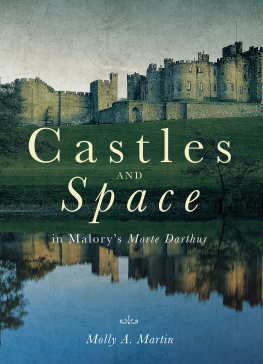


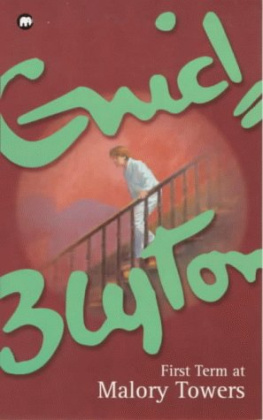
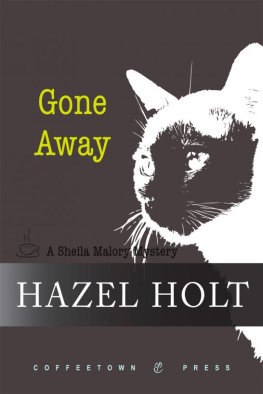


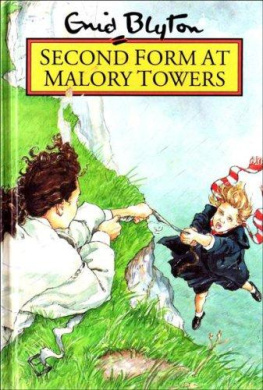
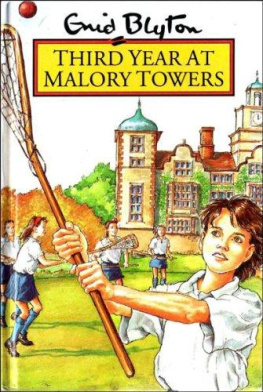

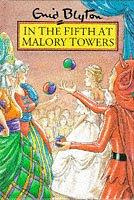
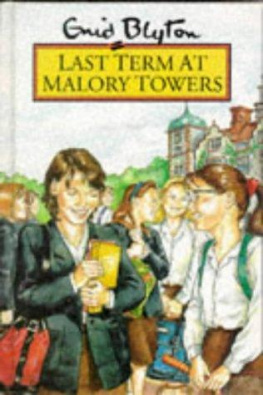

 ne garden. One tree. Two backs against the trunk, two bums on the grass, two mouths sharing a pipe after dinner.
ne garden. One tree. Two backs against the trunk, two bums on the grass, two mouths sharing a pipe after dinner. NE SHAFT OF LIGHT.
NE SHAFT OF LIGHT.